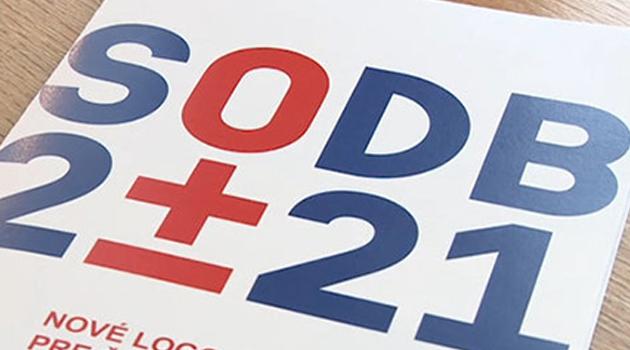Slovak Govt Plenipotentiary for Romani Communities Ján Hero: Census numbers do not reflect the actual number of Romani men and women here

According to the Government of the Slovak Republic’s Plenipotentiary for Romani Communities, Ján Hero, the number of Romani people who declared their nationality as Romani during last year’s census does not reflect the actual number of Romani men and women living in Slovakia, which according to him is about 450 000 Romani people. The Slovak Statistical Office published data yesterday showing that 67 179 census respondents had listed their nationality as Romani only.
Another 88 985 inhabitants of Slovakia listed two nationalities, one of which was Romani. Altogether, 156 164 inhabitants declared their nationality as Romani.
“That finding does not reflect the real number of Romani women and women in Slovakia. Census data speak to the number of citizens of the Slovak Republic who voluntarily declared themselves members of the minority by declaring their nationality as Romani,” Hero commented on social media.
“The Atlas of Romani Communities found in 2019 that in the 825 municipalities included in the Atlas there are living approximately 417 000 Romani men and women. Under no circumstances does the Atlas represent a census, or a form of a head count of the members of the population who are Romani – it is based on estimates from local authorities,” Hero explained.
“Within the framework of the Atlas, data has primarily been ascertained about the infrastructure of the municipalities and Romani settlements, the accessibility of health care and social work services, the civic and political participation of inhabitants who are Romani, their cultural and economic activities, or the infrastructure for schools. According to our estimates, therefore, a bigger number of Romani people are living in the Slovak Republic than declared themselves to be Romani in the census,” Hero posted.
“The estimate is that there are more than 450 000 Romani men and women in Slovakia,” Hero explained. According to him, one reason why more Romani men and women do not declare their nationality is discrimination and negative stereotypes about Roma.
“We cannot close our eyes to the fact that racism and prejudice against Romani people continue to persist in Slovakia. The inhabitants of Slovakia show one of the highest rates of anti-Romani attitudes in the EU,” Hero said.
“Different public opinion surveys researching general opinions, as well as the experiences of individuals indicate that discrimination against minorities unfortunately is still tolerated, to a great extent, across our society,” Hero closed his post. The number of 156 164 Romani men and women is, however, the highest number of such persons to declare such nationality since 1989, when Slovakia was still part of Czechoslovakia.
The number was also influenced by the fact that last year it was possible to declare two nationalities on the census form for the first time ever. In 1991, when Slovakia was still part of Czechoslovakia, 75 802 inhabitants declared Romani nationality, while in the first post-independence census in 2001, the number was 89 920 and in 2011, the first census after the country joined the EU, 105 738 people declared their nationality to be Romani.
